Copyrights & data (re)use
The politics of digitisation
Digitisation is inherently political. Decisions about what to digitise, how to catalogue it, and who controls access can reproduce existing hierarchies (Zaagsma 2023). Northern institutions often steward materials from the Global South. Open access remains vital for preservation and for transnational scholarship (Putnam 2016). Yet a market-driven digital-humanities (DH) toolscape tends to reward well-resourced institutions, raising questions of legitimacy and sustainability in low-resource settings. These dynamics underpin critiques of "digital imperialism" and the "digital saviour complex", echoing Limb's quip that "twenty-first-century missionaries carry not Bibles but scanners" (2007, 23). A credible response requires commitments to digital sovereignty and to project designs that centre equitable participation.
Rights and permissions
Open dissemination must also meet legal and ethical obligations. Newspaper and periodical digitisation sits within a patchwork of rights. We therefore approached publishers and private archive holders to present the project and its scholarly value. As rights holders or authorised licensees, they signed a "Digital Distribution Agreement" permitting ZMO and partner institutions to digitise, distribute and archive specified titles online for educational, non-profit purposes. Where permission was withheld or remains pending, we publish detailed metadata only—without full text or scans—to aid discovery and support archival research.
Orphan works and takedowns
For "orphan works"—materials whose rights holders are unlocatable or unidentifiable—we rely on fair use principles for educational, non-profit access. Making such items available transforms the analogue artefact into a digital primary source without affecting market value, which typically derives from the original sale years or decades ago. If we receive a DMCA takedown notice or a substantiated rights claim, we remove the files promptly.
Data (re)use and licensing
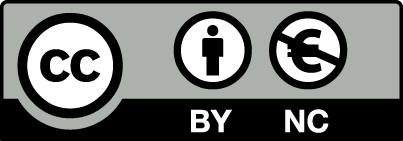
All IWAC data are released under a Creative Commons Attribution–NonCommercial licence (CC BY-NC 4.0). You may share and adapt the material for non-commercial purposes, provided you give appropriate credit, link to the licence and indicate any changes.

Access and formats
Documents can be downloaded in their original formats. Metadata are exportable in structured formats (CSV, TSV, ODS, JSON), enabling integration with diverse analytical workflows. The full dataset is also hosted on Hugging Face, supporting long-term preservation through maintained infrastructure, facilitating versioning and updates, and enabling direct integration with artificial intelligence/machine learning pipelines.
Elsewhere on the site, we outline the AI-assisted pipelines that makes work at IWAC's scale feasible. Here, we emphasise the legal, ethical, and licensing framework that enables responsible openness.
How to cite
Please acknowledge the work that makes this collection available. The following examples follow the Chicago Manual of Style; feel free to adapt to other common styles.
Project website
Madore, Frédérick. Islam West Africa Collection. Leibniz-Zentrum Moderner Orient, 2023. https://islam.zmo.de/s/westafrica/. Accessed [date].
Specific document
Ouattara, Ousmane Piè. "Projet ZACA: une marche aux allures islamiques". Le Pays, 29 March 2002. https://islam.zmo.de/s/westafrica//item/5572. Accessed [date].
Repositories and programme interfaces
ZMO institutional repository
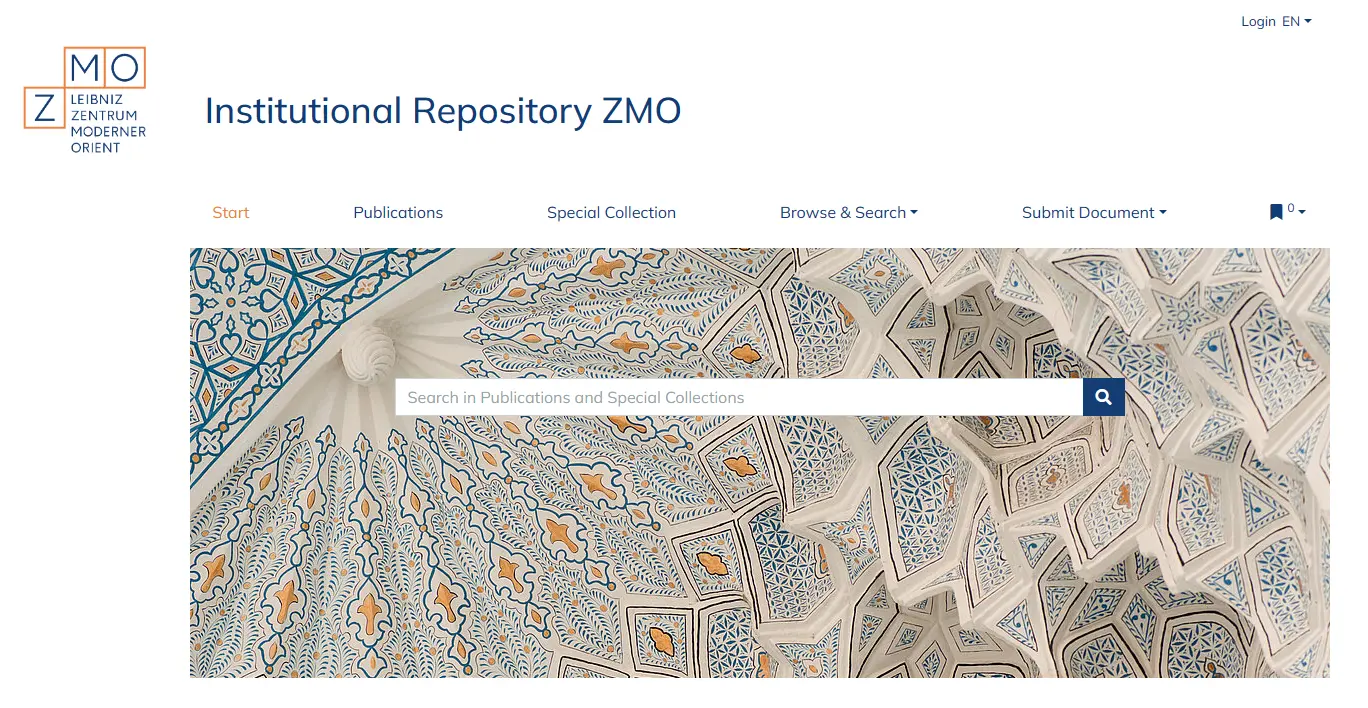
All metadata from the IWAC are archived in the ZMO's institutional repository in CSV format: https://repositorium.zmo.de/receive/zmo_mods_00000505.
Omeka S API
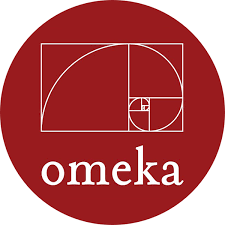
Omeka S provides an application programming interface (API) for CRUD operations on its resources: https://islam.zmo.de/api.
For more details, see the Omeka S REST API documentation.
OAI-PMH
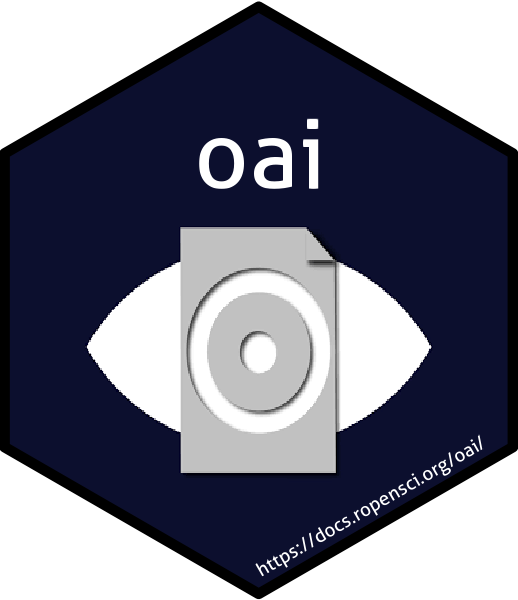
IWAC exposes metadata via the Open Archives Protocol for Metadata Harvesting (OAI-PMH) using the Dublin Core standard to ensure interoperability. This will enable the Collection to serve as a data provider to major research platforms such as the German Digital Library, Archivportal-D, and BASE.
Repository Base Url: https://islam.zmo.de/oai?verb=Identify.
International Image Interoperability Framework (IIIF)
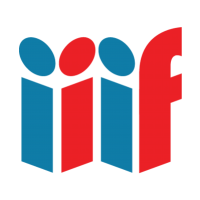
The Collection adheres to the International Image Interoperability Framework (IIIF) standards to ensure that IWAC's archive is accessible and interoperable across platforms. IIIF compliance supports preservation of each document, photograph and recording in a standardised context, enabling use across different viewers and academic databases.
Copyright holders
Copyright holders are recorded in the Dublin Core term "Rights Holder", indicating the person or organisation owning or managing rights over the resource. Principal rights holders include:
- Association des Élèves et Étudiants Musulmans au Burkina
- Cercle d'Études, de Recherches et de Formation Islamiques
- Le Pacific
- Les Editions « Le Pays »
- Les Editions Sidwaya
- Mutations
- Observateur Paalga
- Office National d'Imprimerie et de Presse (ONIP)
- Rachid-production
